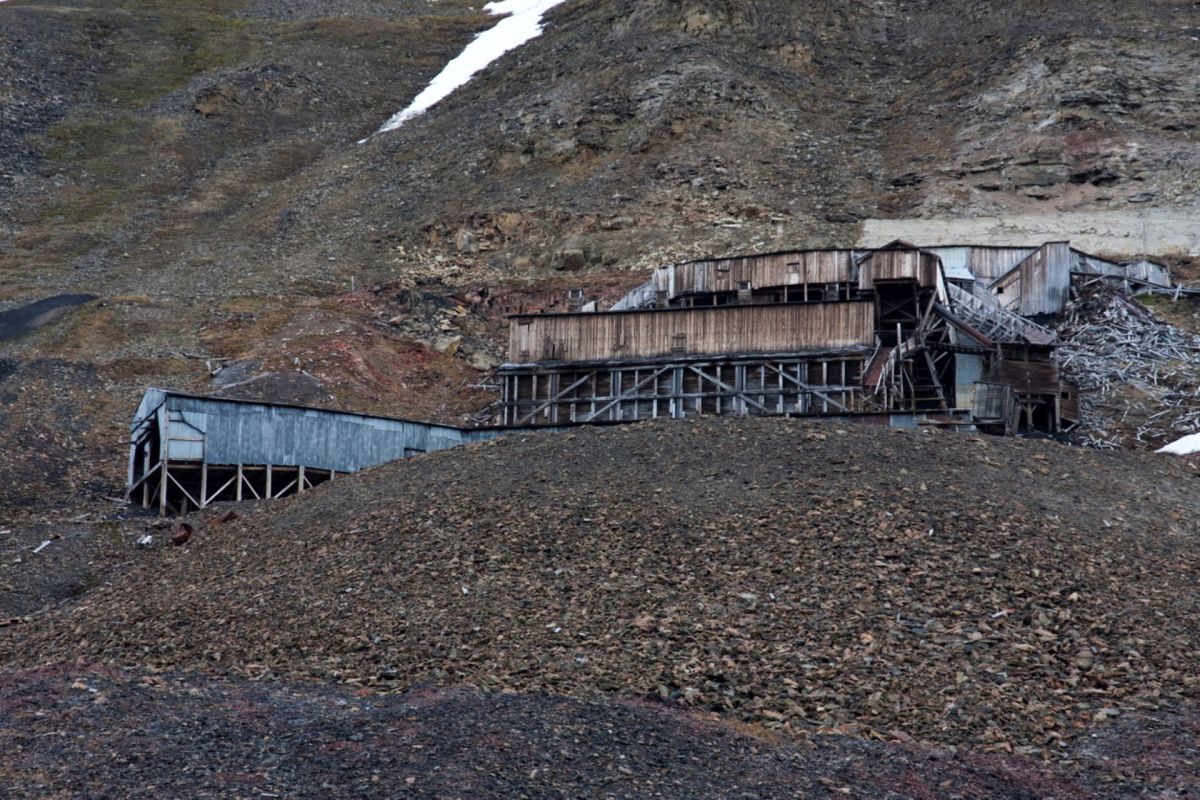Norway recently completed its largest rewilding project in history in a move that will support polar bears, Arctic foxes, and other imperiled wildlife.
The project took place on the Arctic island of Svalbard, where an old mining town called Sveagruva — in operation for about 100 years — once stood. The community, located on a remote fjord, had its own power station, wharf, and water supply and supported around 300 workers, reports the Good News Network.
In 2017, the Norwegian parliament decided to phase out the mining operations to help the landscape recover to its natural state. It also removed any traces of human activity that had occurred since mining began in 1910. In the end, only a few cultural monuments and buildings remained.
Since then, the landscape has welcomed a variety of local wildlife like polar bears, reindeer, Arctic foxes, and many sea birds. Polar bears are considered vulnerable by the International Union for Conservation of Nature (IUCN). Meanwhile, the Arctic fox is considered endangered in Norway.
Already, Svalbard is one of the most well-conserved island ecosystems in the Arctic at about 66%. This newly rewilded land added to Svalbard's seven national parks and 23 nature reserves.
Lars Fause, the head of civil affairs in Svalbard, said that the efforts involved a number of actors and groups. "In many ways, the [cleanup] of Svea and Lunckefjell has been a project that has involved the entire population of Svalbard," Fause told the Good News Network.
For instance, before the project began, a dozen representatives from the Norwegian Institute for Cultural Heritage Research scanned and photographed the town. This resulted in about 170,000 images and 6,000 scans.
"I am impressed by how the various companies and units have worked together," he said in a government release. "This has been one of the success factors for the project being carried out so efficiently and cost-effectively."
The project cost about $83 million, far less than the budgeted $230 million.
"This is Norway's largest nature restoration ever, and an expression of a long-term and consistent Norwegian policy to preserve wilderness nature on Svalbard," Norway's Climate and Environment Minister Espen Barth Eide said, per the Good News Network.
Join our free newsletter for cool news and cool tips that make it easy to help yourself while helping the planet.









